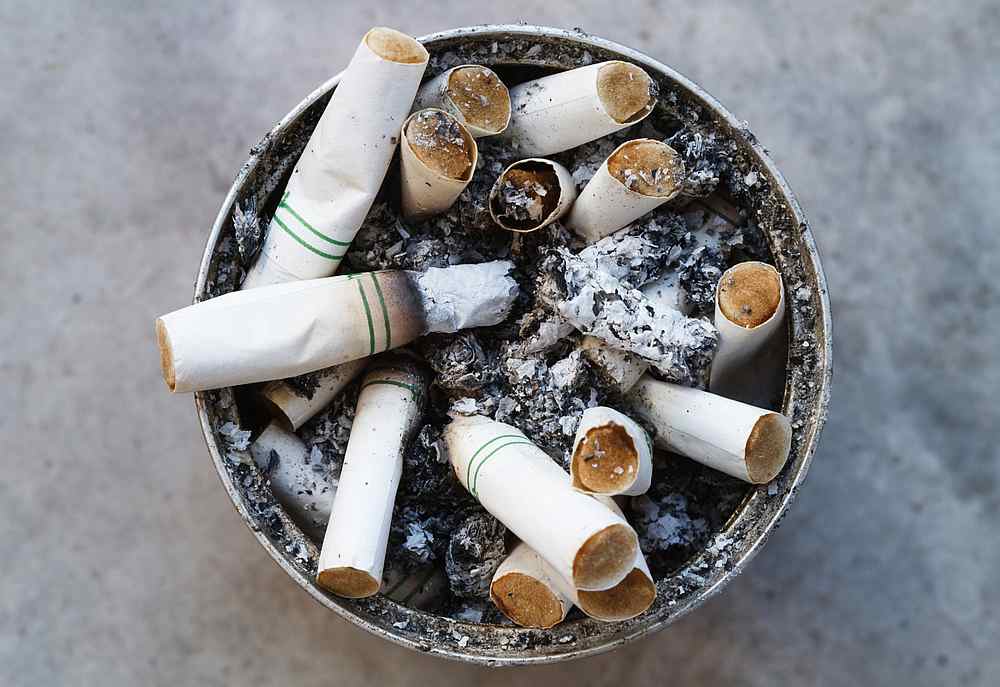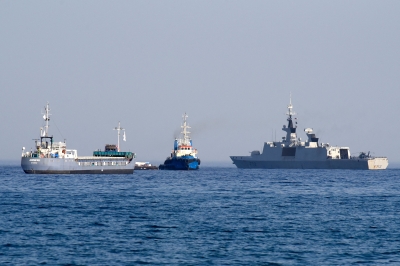
AMSTERDAM, July 30 ― Were you aware that cigarette butts are the category of waste that is least disposed of? Every year, no fewer than 4.5 trillion cigarette butts are found in the wilds, even they can take up to 14 years to decompose… It’s enough to make you see red. To fight against this plague, Dutch engineers working with Delft University of Technology have invented the BeachBot, an autonomous robot capable of picking up cigarette butts from the ground.
Tired of seeing their children find cigarette butts on beaches, Edwin Bos and Martijn Lukaart, Dutch engineers from TechTics, set out to create the BeachBot, an autonomous robot whose sensors have the ability to identify cigarette butts on beaches.
Its appearance may surprise anyone who encounters it: visually, the robot seems to have come straight out of a Nasa workshop dedicated to exploration of the planet Mars. At just 80 centimeters wide, BeachBot has two cameras, giving it double vision, in front and behind. To pick up the butts, it uses its two gripper arms by lowering them and can even then dig a bit in the sand. Finally, the butts are thrown into an internal container. Currently, BeachBot can run autonomously for one hour. While the robot is still in an early prototype stage, TechTics is promising future progress.
BeachBot uses artificial intelligence and image detection algorithms to distinguish a cigarette butt from other objects and trash on the beach. To do this, the TechTics team had to train the vehicle and its AI using photos of cigarette butts in various forms. The company uses the Microsoft Trove app, which provides AI developers with photos shared by people. So far, it has collected 200 photos, and plans to collect 2,000 so that BeachBot can find as many butts as possible.
“The filters of cigarettes are full of microplastics,” Edwin Bos noted in a Microsoft feature on the technology.This type of waste includes over 30 toxic chemicals that can have a serious impact on marine life. “We believe that our robotic solution, in the end, may not be the final solution for this problem because the bigger problem with littering is still human behavior,” he adds. ― ETX Studio







